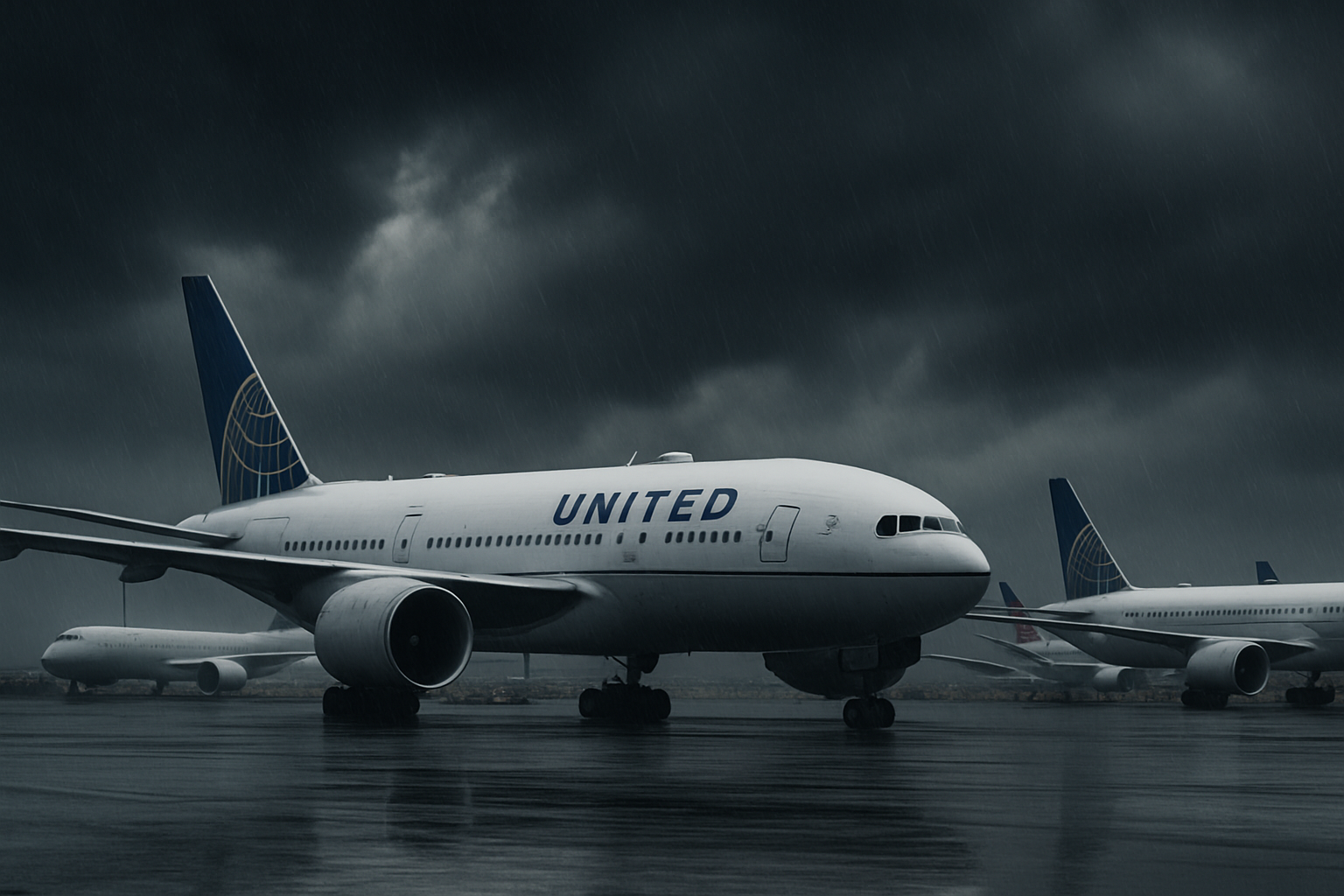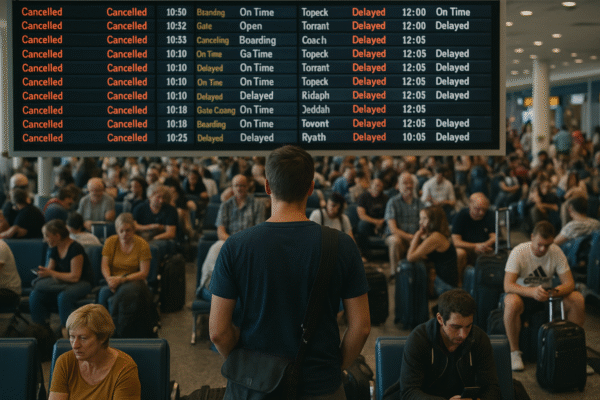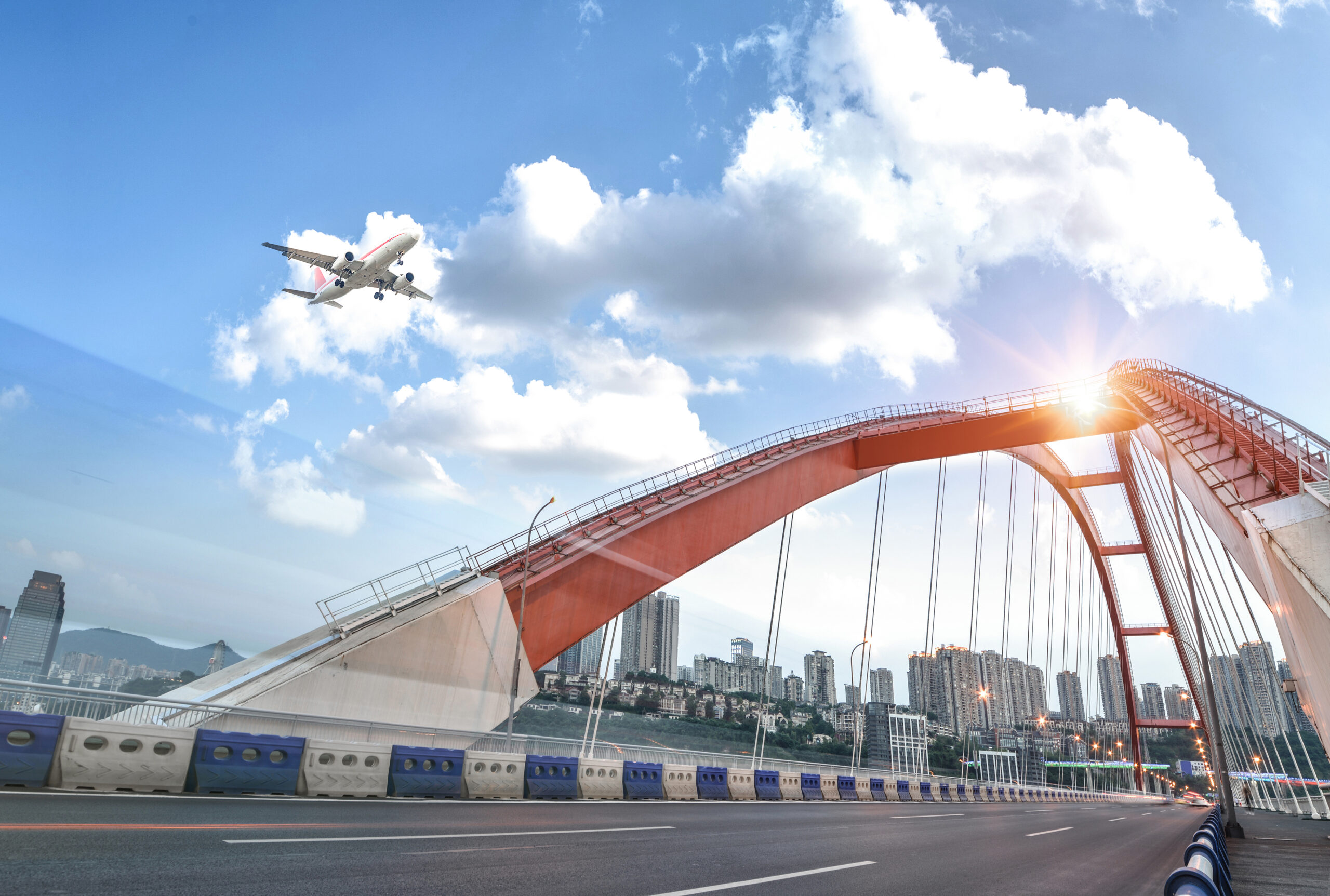Taipei, Taiwan — Travelers flying internationally with Taiwan’s major carriers can expect to pay more from July 7, as the country’s top three airlines raise fuel surcharges in response to surging global oil prices. Jet fuel costs have skyrocketed to over $93 per barrel—reaching $92.99 in early July—prompting China Airlines, EVA Air, and Starlux Airlines to adjust their pricing structures to absorb the financial pressure.
This move directly affects international passengers departing from Taiwan, with the new surcharge rates applying to all short- and long-haul tickets issued from July 7 onward. The surcharge adjustments, while designed to stabilize airline operations, are expected to significantly impact travel costs for both leisure and business flyers.
Rising Jet Fuel Prices Trigger Cost Adjustments
Jet fuel, which typically accounts for 20% to 30% of an airline’s operating expenses, has become a financial flashpoint for global carriers. Taiwan’s aviation sector is no exception. With prices now exceeding $93 per barrel—among the highest in 2025 so far—Taiwanese carriers are acting to offset the impact on operational budgets.
The new pricing structure is as follows:
- Short-haul international flights: From NT$470 (approx. US$15) to NT$550 (approx. US$17.50)
- Long-haul international flights: From NT$1,220 (approx. US$39) to NT$1,430 (approx. US$45.50)
In more specific airline implementations:
- One carrier now charges up to NT$1,500 (US$48) for long-haul routes
- Another increased short-haul surcharges to NT$1,300 (US$41.92)
- A third carrier offers lower fees, from NT$600 (US$19.46) short-haul to NT$3,050 (US$98.46) long-haul
These fuel surcharges are calculated separately from base fares and are reviewed monthly using a regulatory mechanism implemented by Taiwan’s Civil Aeronautics Administration (CAA). Airlines are required to submit adjustments based on international fuel prices as published by Taiwan’s CPC Corporation, the national oil supplier.
Implications for Summer Travel and Global Tourism
The timing of these increases is particularly critical. With the peak summer travel season in full swing, passenger volumes are rising steadily as global tourism rebounds. The surcharge hike could affect travel affordability for families, business travelers, and international tourists flying through Taipei and other Taiwanese gateways.
For example, a round-trip booking for a family of four from Taipei to Europe or North America could see fuel surcharge additions of over US$1,000, depending on the airline and route. This cost is layered atop base airfare, taxes, and baggage fees, significantly increasing the total cost of travel.
Consumer Advisory: Understand the Final Price
While many passengers focus on promotional base fares, fuel surcharges are often less visible until the final booking stage. Travel experts in Taiwan advise consumers to carefully review the fare breakdown before confirming flights, especially when booking through third-party platforms.
Passengers are also encouraged to track fuel surcharge changes monthly, as further increases may be possible if jet fuel prices remain high or rise further. On the flip side, should oil markets stabilize or decline, surcharges may be reduced in future months.
The Broader Industry Impact
The surcharge hike underscores how sensitive global aviation remains to energy price fluctuations. Airlines around the world—from Asia to Europe and the Americas—have been adjusting fuel surcharges or increasing fares to combat inflationary pressures, labor shortages, and supply chain constraints.
For Taiwan’s carriers, the surcharge helps sustain operations while minimizing losses in an increasingly competitive market. Maintaining service quality, ensuring flight reliability, and managing fuel volatility are among their top challenges.
Starlux Airlines, the youngest of Taiwan’s international carriers, continues to expand its premium offerings to the U.S., while EVA Air and China Airlines have resumed their full long-haul schedules to destinations such as Los Angeles, Frankfurt, and Tokyo. All three are now recalibrating ticket pricing to balance growing demand with sustainable operations.
Looking Ahead: Market Uncertainty Continues
Global oil analysts suggest that fuel prices could remain volatile due to ongoing geopolitical tensions, supply constraints, and seasonal demand. As such, Taiwan’s airlines are likely to continue monthly fuel surcharge revisions until market conditions stabilize.
The Civil Aeronautics Administration will remain closely involved in monitoring fair pricing practices, ensuring consumer protection while allowing airlines the flexibility to respond to global cost shifts.
Conclusion: Rising Costs, Soaring Demand
As Taiwan’s aviation industry fully recovers from the pandemic’s disruptions, new challenges like high fuel costs are shaping the travel landscape. The latest surcharge increases reflect not only Taiwan’s adaptation to global economic pressures but also the delicate balance between airline sustainability and passenger affordability.
For travelers heading abroad from Taiwan this summer, it’s essential to plan for slightly higher fares and keep an eye on monthly updates. In the ever-evolving world of aviation, transparency, flexibility, and awareness are now more important than ever.
For more travel news like this, keep reading Global Travel Wire















